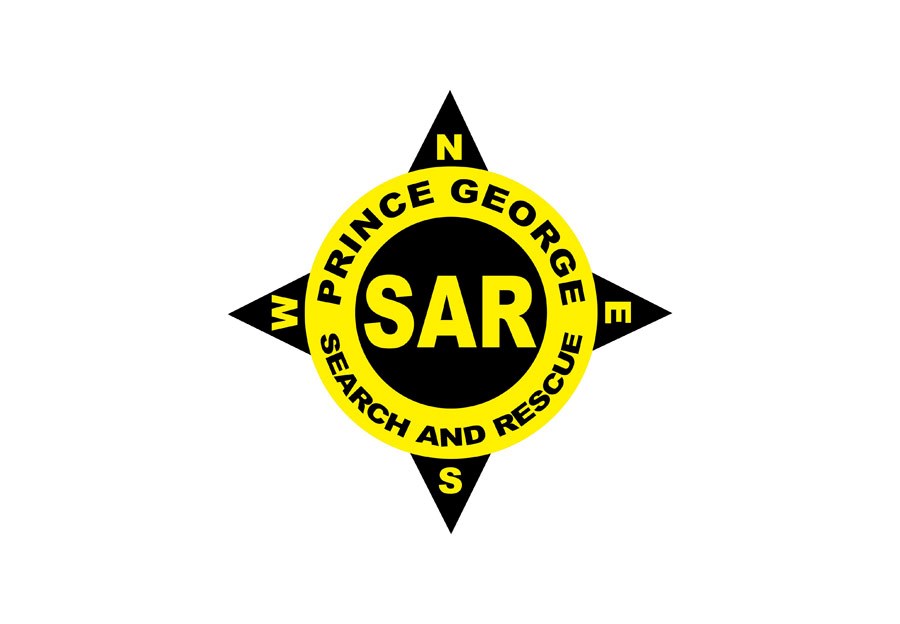Prince George Search and Rescue is on track to have one of its busiest years on record as teams across the province deal with a COVID-induced spike in calls.
While the volume for a typical year ranges from 26 to 32, PGSAR volunteers have been called out to 35 incidents so far this year and if the pace continues the final count could be up around 45, PGSAR spokesperson Dave Merritt said.
Province-wide, crews have been deployed for almost 1,600 search and rescue missions since April, according to numbers issued this week by the provincial government. The total represents a more-than 300-call or nearly 20-per-cent increase over the same periods in 2018 and 2019.
A yearning to get out of the house during the pandemic combined with a lack of preparation and experience for many heading into the wilderness has been seen as the cause of the jump.
"Compared to some of the teams in the Lower Mainland, we're not quite as busy but we've definitely noticed an increase from the last couple years of backcountry users needing assistance," Merritt said. "But it's kind of that crap shoot. We want everybody out enjoying it but we want everybody doing t in a safe manner."
He said the hunting season seemed quieter than usual but the snowmobiling season started off with three calls in the span of 11 days, beginning on November 22 with a rescue in the Yanks Peak area south of Wells, followed by a fatality near Mackenzie, then another rescue at Yanks Peak.
The first call involved a snowmobiler who ventured away from his group and then got stuck without a shovel and the second was to recover a snowmobiler who was killed in an avalanche. A GoFundMe campaign has since been set up to help the family of the victim, Sean McGarry of Dawson Creek.
Merritt said the third call was to help two snowmobilers who found themselves stuck in a "terrain trap" or deep snow in a gully. With the light dimming, Merritt said they were able to make contact via cellphone and were equipped well enough to stay at the spot overnight while they waited for help.
"They did the smart thing, which was 'hey, you know what? We need to stay put," Merritt said.
In all three cases, PGSAR was called in to provide mutual aid because it has personnel skilled in assessing avalanche danger.
Volunteers have been coping well so far.
"Our team hasn't been feeling tired yet but if we get a whole bunch of calls it'll definitely burn us out because we can only do so much," Merritt said.
Enthusiasts are encouraged to be prepared before heading out. A good source of advice is AdventureSmart, officials say.



